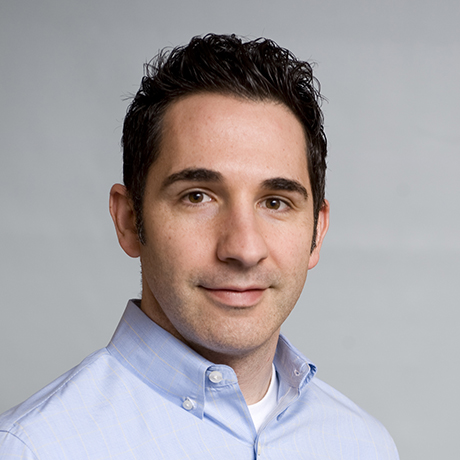
Recently, I had the opportunity to sit down and talk (via video conference) with Dr. Mark Salvatore, a pediatric gastroenterologist at Massachusetts General Hospital. Mark is also Clinical Director of the Pediatric Mind-Body Medicine Program at MGH and, luckily for us, a Next Step Board Member for the past six years.
Mark brings a unique perspective on the challenges facing teens and young adults living with a serious illness as they transition to adulthood. Not only is he a pediatrician who works with the populations that we serve at Next Step, Mark is also a cancer survivor and Next Step participant.
I hope you take the time to read Mark’s inspiring interview and learn more about the life-changing impact Next Step programs have on these young people during a critical time in their life. Your financial support makes a difference. Please consider donating this holiday season.
Warm Regards,

Bill Kubicek
Executive Director and Founder, Next Step
Bill Kubicek: What makes Next Step unique with their support of the specific needs of a seriously ill young person?
Mark Salvatore: I recognize how uniquely vulnerable a young person living with a chronic illness is when they’re in that window of young adulthood. They are too old for pediatric care but almost too young for adult care, and often don’t feel comfortable transitioning to an adult provider until they’re in their early 20s or mid-20s.
As a pediatrician I see it so much in my own practice. These young people have lost their community as they’ve outgrown the pediatric system yet still need to be followed to stay healthy and safe. It is just such a critical period of their growth towards independence. For these young people, entering adult healthcare when they’re not ready could feel like falling off a ledge, potentially putting their health at serious risk.
This complex situation shines an intense light on why Next Step programs are so important. They provide support during a time period when many of these young adults living with a chronic illness don’t really have a place. Next Step serves as a bridge between the pediatric and the adult communities.
Bill Kubicek: What are some of those pieces of support that you’ve either witnessed or seen or experienced yourself that makes that transition more possible?
Mark Salvatore: When you’re dealing with a serious medical illness, you tend to isolate yourself. Next Step provides a community where you don’t feel so isolated, where you have people that uniquely understand what you’re going through and that in itself is invaluable to be surrounded by people with your experience. You feel so much less alone and really supported.
“Next Step serves as a bridge between the pediatric and the adult communities.”
Bill Kubicek: What do you see as the challenges and risks for a young person with a serious illness in this particular span of time?
Mark Salvatore: The transition for a young person into adulthood is rocky. It’s a phase in life where they’re asserting their own independence, rebelling against authority, and definitely don’t want to be different from their peers. I think for a young person struggling with a chronic illness this is a precarious period because they can fall off the radar in terms of their care and that can lead to dangerous consequences.
Next Step gets it and serves as a bridge for teens and young adults struggling with something that their friends aren’t struggling with. Through their Community, Music and Mentorship programs, Next Step first supports these young people and then helps them develop the skills and acquire the tools and self-confidence to thrive in all aspects of their life: school, family, dating, social, work and self care.
Bill Kubicek: So, what drew you to being on the Board of Directors of Next Step?
Mark Salvatore: First and foremost, it was the Next Step community. It is ready to support you wherever you are on your journey and bring you further along. I have a deep sense of gratitude to Next Step and I can’t imagine a seriously ill young person going it alone.
Bill Kubicek: Why do you think it’s important for Next Step to be able to continue to offer these programs free of charge to anybody who attends?
Mark Salvatore: I recognize how much work goes into helping these young adults and it really touches my heart to know that their are such caring and loving and kind people out there that are willing to help people like me.
Next Step’s supporters are making it a more accessible program to get the services that seriously ill young people so badly need during a critical time in their life. Many of the teens and young adults that attend Next Step’s programs couldn’t attend if there was a cost associated, even a minimal cost.
You can help young people living with cancer, HIV or a rare genetic disorder say “I BELIEVE IN ME.” Your gift will power our free, life-changing programs for community, music and mentorship. Please support Next Step this holiday season!


